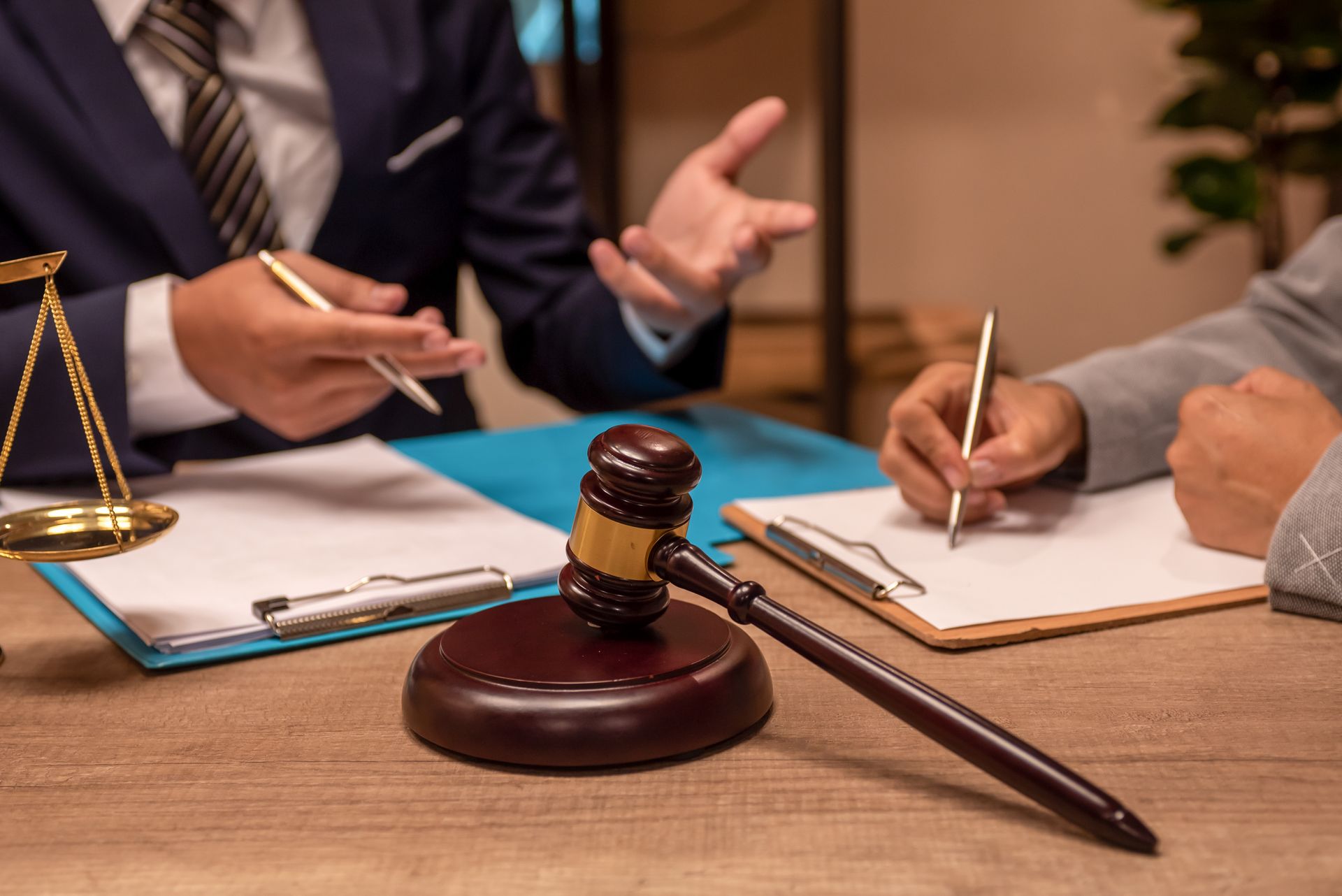If I Dont Have an Estate Do I Really Need an Estate Plan

Estate planning is one of those things that often gets put off. As an estate planning lawyer in Monmouth County, Veitengruber Law sees many clients who are unaware of the need for an estate plan. It can be tough to answer questions about what should happen to your assets and loved ones if the worst should happen. Approximately half of adults in the US do not have a will, and even fewer have a comprehensive estate plan. Some of these folks believe they do not need an estate plan because they do not have a significant enough estate. However, this misconception leads to legal battles and financial difficulties on a daily basis.
Here, we will explore why you need an estate plan, regardless of the number of assets you possess.
What is an estate?
An estate is a legal and financial term used to refer to all of the assets and liabilities you own. It includes items such as your home, car, personal belongings, debts, insurance policies, and retirement accounts. So, while many folks may think their possessions do not amount to an "estate," the truth is that most adults will have assets and liabilities that need to be dealt with after their death.
An estate plan will also cover other aspects of your future through a power of attorney (POA) or medical directives. This gives you the power to elect a trusted loved one to control your medical care and finances if you are incapacitated. Planning for the future requires a well-thought-out plan. An estate plan can help you feel more at peace with the unknown variables of the future.
We think everyone deserves the assurance of a great estate plan, but if you fall into any of the categories below, you must have an estate plan in place:
1. You Have Minor Dependents
If you have minors in your care, you need to have an estate plan in place to prepare for their care in the event of your death or if you are no longer able. You must consider how you will provide financially for these dependents through life insurance or even a trust. You will also need to elect a trusted individual to take over guardianship of your children or other dependents. Discussing this possibility with the guardian you select before naming them in your estate plan is advisable.
Without an estate plan in place, determining the guardian for minor dependents can turn into a nasty legal battle—one that does not include your wishes for your children. Making these decisions beforehand can save your loved ones a lot of heartache at an already difficult time.
2. You Are Preparing for Medical Problems
You can be happy, healthy, and thriving one day and suddenly face medical uncertainty the next. Accidents, sudden diagnoses, or worsening chronic issues can quickly shift your medical prognosis. The uncertain nature of life is one of the biggest reasons you should have an estate plan, especially if you are planning for medical issues in the near future. A critical aspect of estate planning includes preparation for if you become incapacitated. A financial POA will allow you to name someone you trust who is responsible for managing your financial affairs if you are unable to do so. You can also name a healthcare proxy through a healthcare or medical POA. This person will be allowed to make healthcare decisions on your behalf if you are unable to do so.
While these documents are suitable for anyone to have, if you are imminently facing a medical battle, it is critical to have these documents to protect your wishes for your medical care.
3. You Have Complex Family Relationships
When you pass away, your estate enters the probate process. This includes dividing your assets and giving them to beneficiaries. If you do not have an estate plan in place to determine which beneficiaries get which assets, the state will decide for you. The state utilizes specific rules that tend to favor a more "traditional" family structure: one marriage with one spouse who shares all of your children. If you are unmarried and do not have children, the beneficiary next in line—typically parents or siblings—will be selected to inherit. If you do not have parents or siblings, the state will find your closest living relative.
For some, this may be acceptable and in line with their wishes. However, for many others, these inheritance rules simply will not work. Divorce, children with multiple partners, estrangement, death, and blended families can all disrupt the efficacy of traditional inheritance laws. By establishing an estate plan, you can choose exactly who your beneficiaries are and determine exactly who gets what. As your life changes and the people in your life change, so should your estate plan.
Veitengruber Law is a seasoned team of estate planning lawyers and professionals based in New Jersey. We can work with you to solidify a plan that offers legal reassurance and peace of mind for your future.










